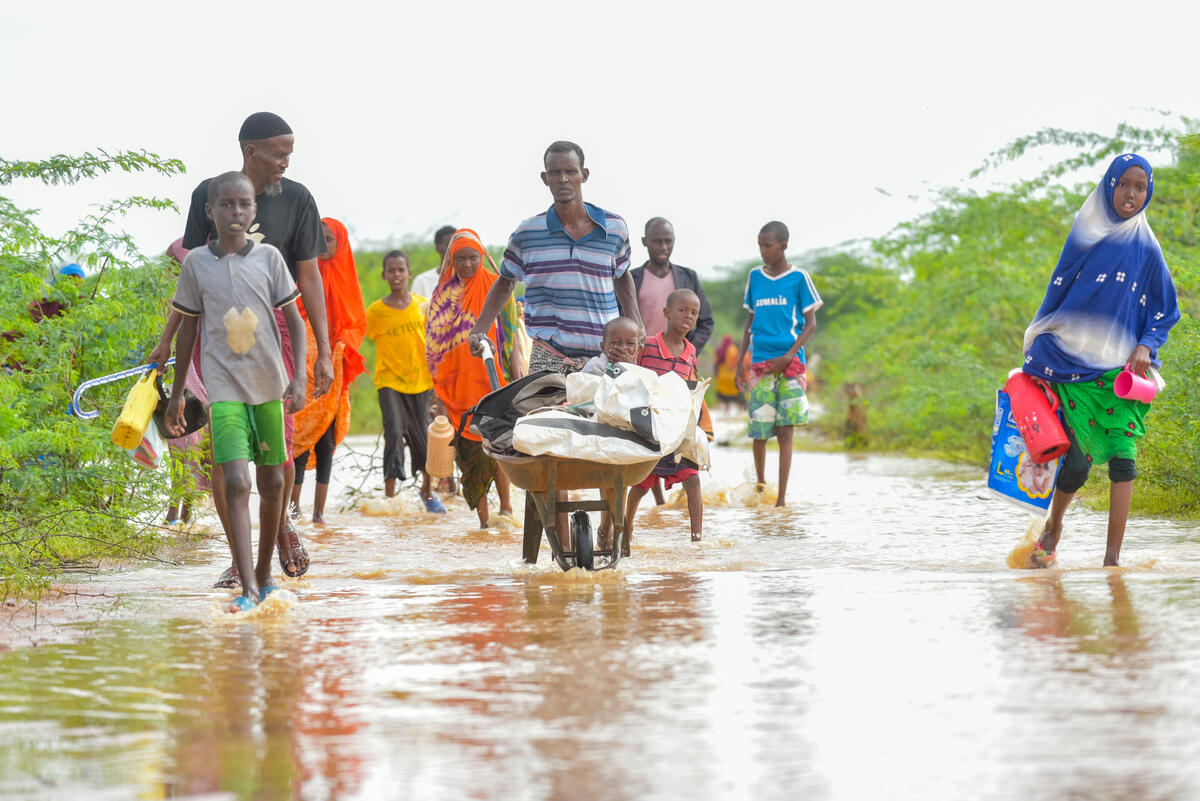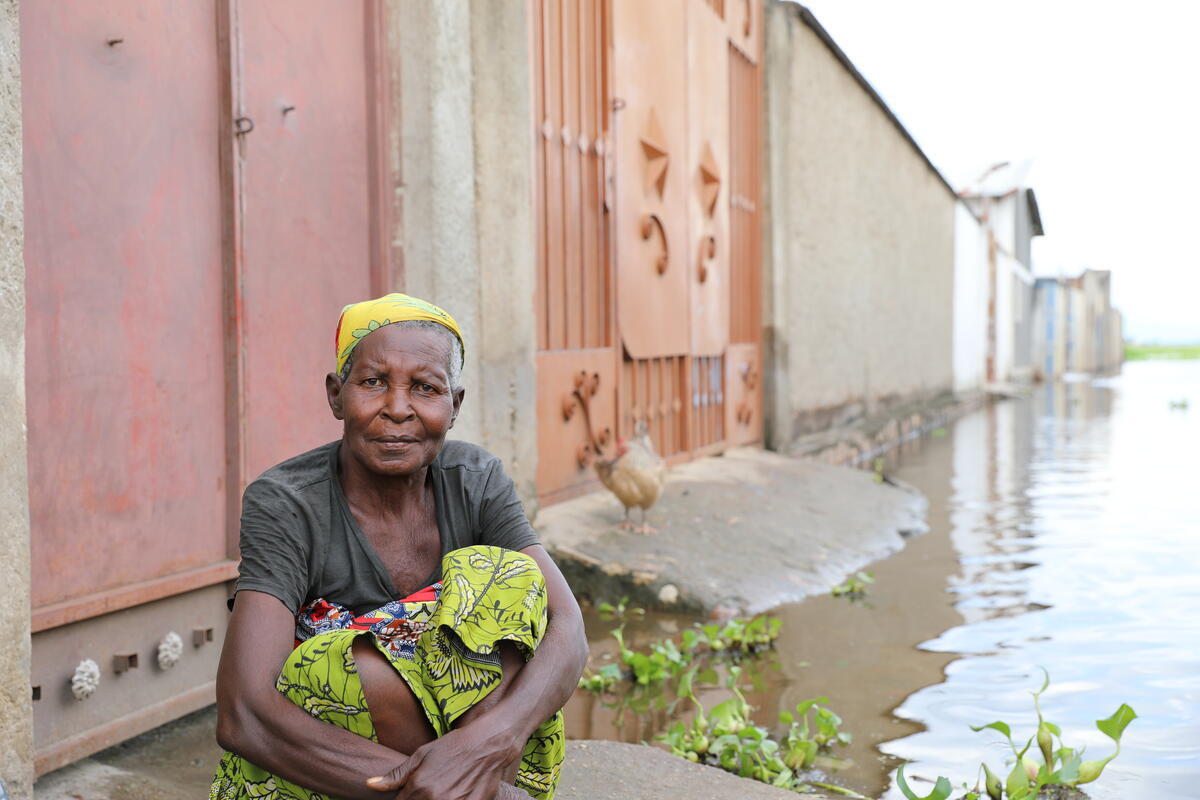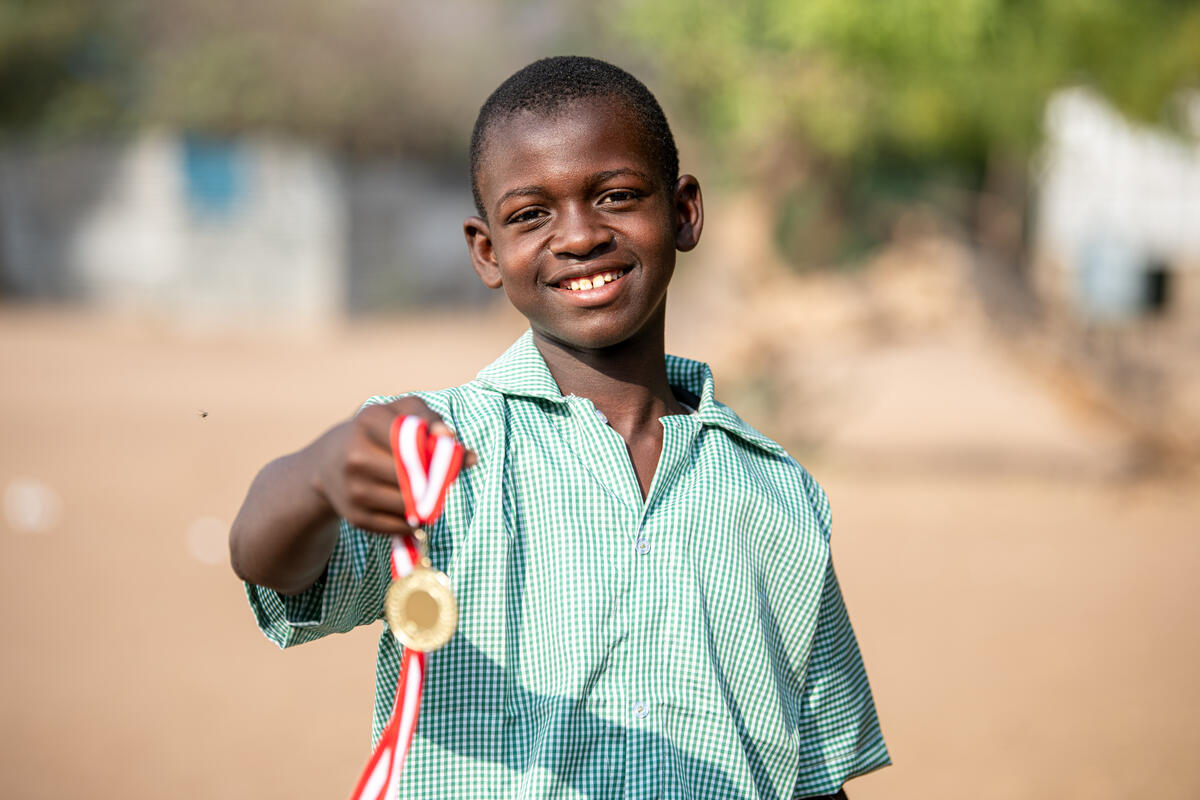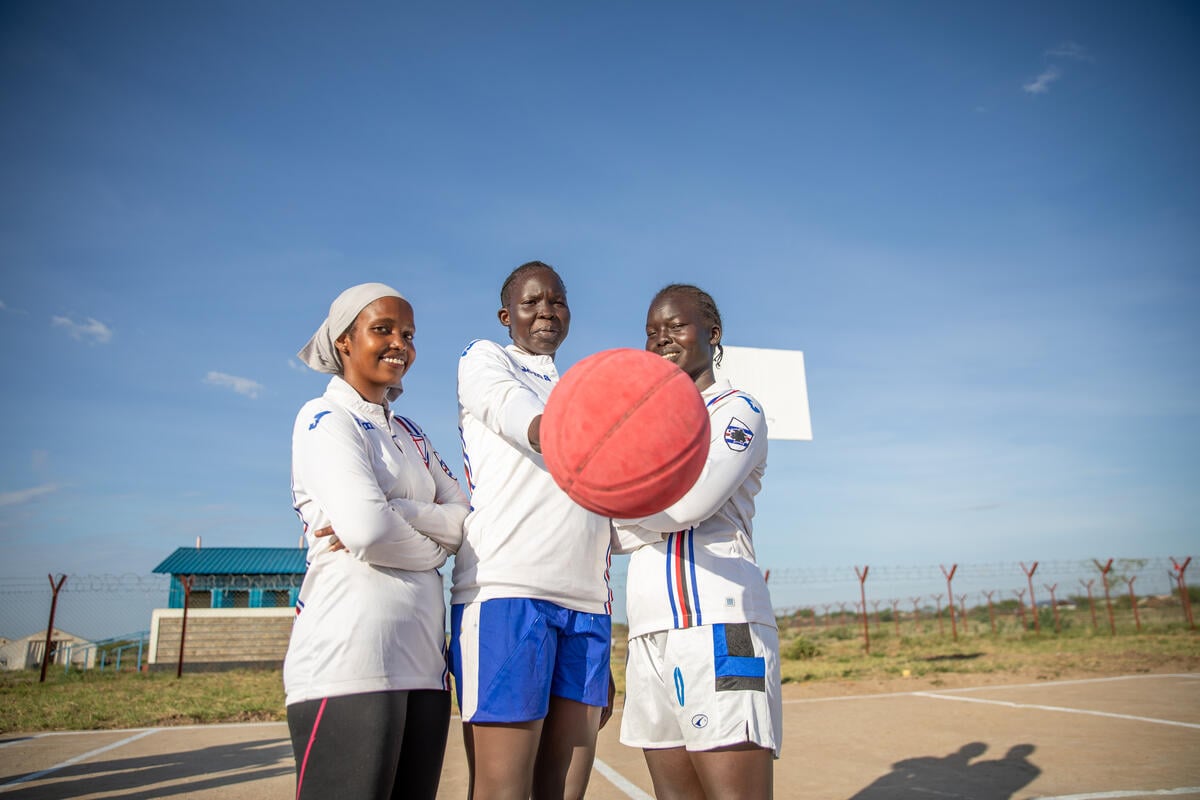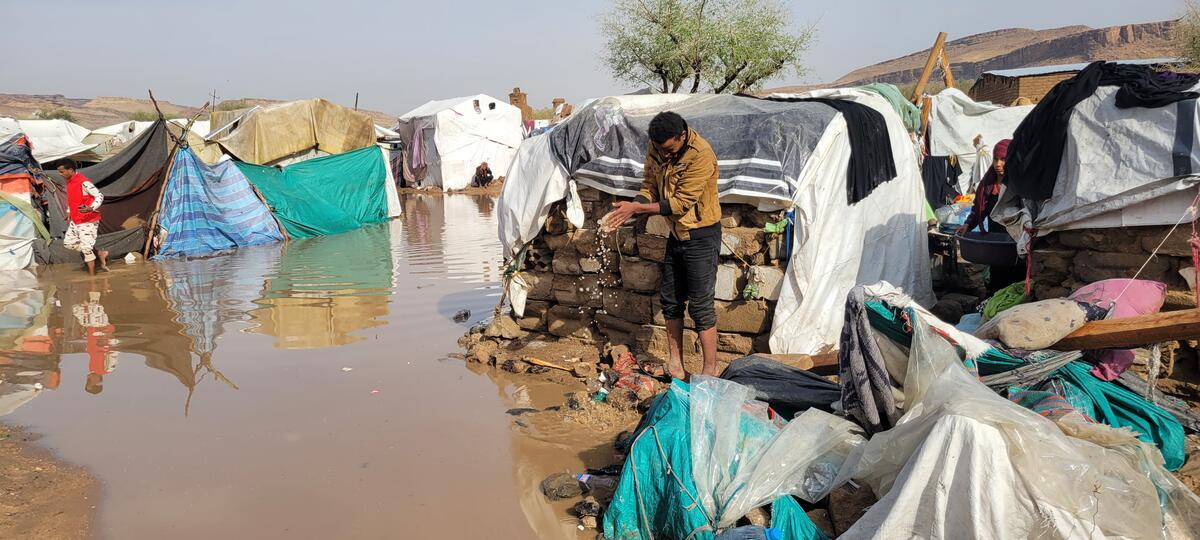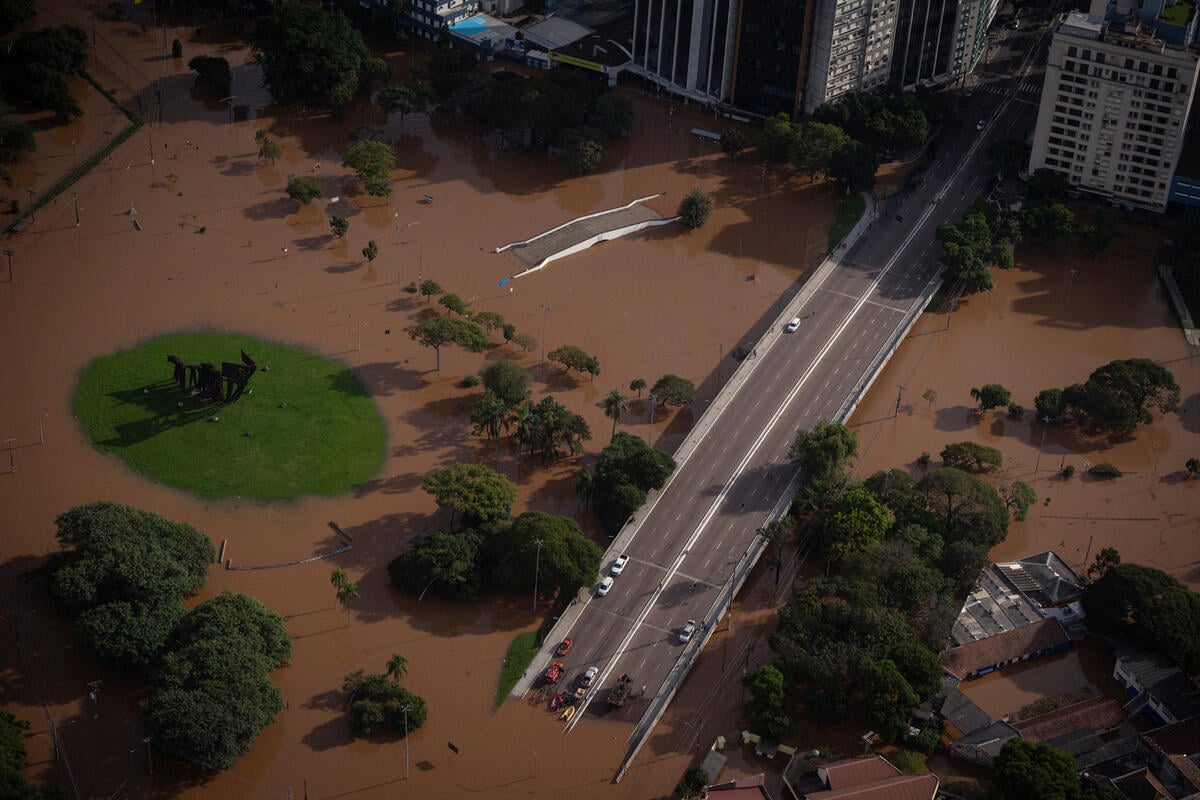Somalia: Another wave of departures
Somalia: Another wave of departures
Since the beginning of June, an estimated 27,000 people have fled Mogadishu. Although the Somali Transitional Federal Government (TFG) claimed in May to have ousted the insurgents, recent renewed violence sparked another wave of departures, with 6,000 civilians fleeing in June and 21,000 in July.
Between February and May, over 400,000 civilians had fled heavy fighting between the Ethiopian-backed TFG and insurgents in the volatile Somali capital. Of those 400,000, some 125,000 have returned to the city, according to figures compiled by UNHCR and a network of partners. At the same time, another 27,000 fled in June and July.
Many of the people who fled told UNHCR that life was more unbearable than ever in Mogadishu because of the daily violence, making it too dangerous to leave their homes.
They say the insecurity is widespread, with constant bombing and gun battles. Mothers are unable to buy food for their children and workers unable to make a living. They also complain that their children cannot attend school and many neighbourhoods are isolated because of insecurity or road closures. Young men told UNHCR that they left the capital for fear of being arrested, claiming that after outbreaks of violence, government forces sealed off the affected neighbourhood and arrested any young men on the streets.
Two-thirds of the families who have fled over the past two months have settled in the provinces of the Shabelles, immediately surrounding Mogadishu. UNHCR distributed aid to 50,000 people in in the Shabelles in April. Others have fled further north, including 2,600 people who have reached the town of Galkayo, 700 km north in the region of Puntland. The town already hosts 11,000 people who fled Mogadishu between February and May. Some of the most recent arrivals, mostly women and children, told UNHCR that the road between Mogadishu and Galkayo was dangerous. They reported robberies and some women said they had been raped by armed militiamen and thugs who set up roadblocks along the route. Most of the displaced said they wanted to go back to Mogadishu as soon as possible, provided peace was reestablished. Living conditions in Galkayo are difficult. The city hosts up to 50,000 internally displaced persons and has very limited resources in terms of water sanitation, education and health services.
Last week, UNHCR distributed blankets, kitchen sets and jerry cans to 780 families in southern Galkayo. The aid supplies went to members of the Bantu minority, who are particularly vulnerable as they have no clan to protect them in the town.
UNHCR opened an office in Galkayo in January. On July 24 July, we issued a $48 million appeal to fund our work in Somalia and neighbouring countries until the end of next year.

